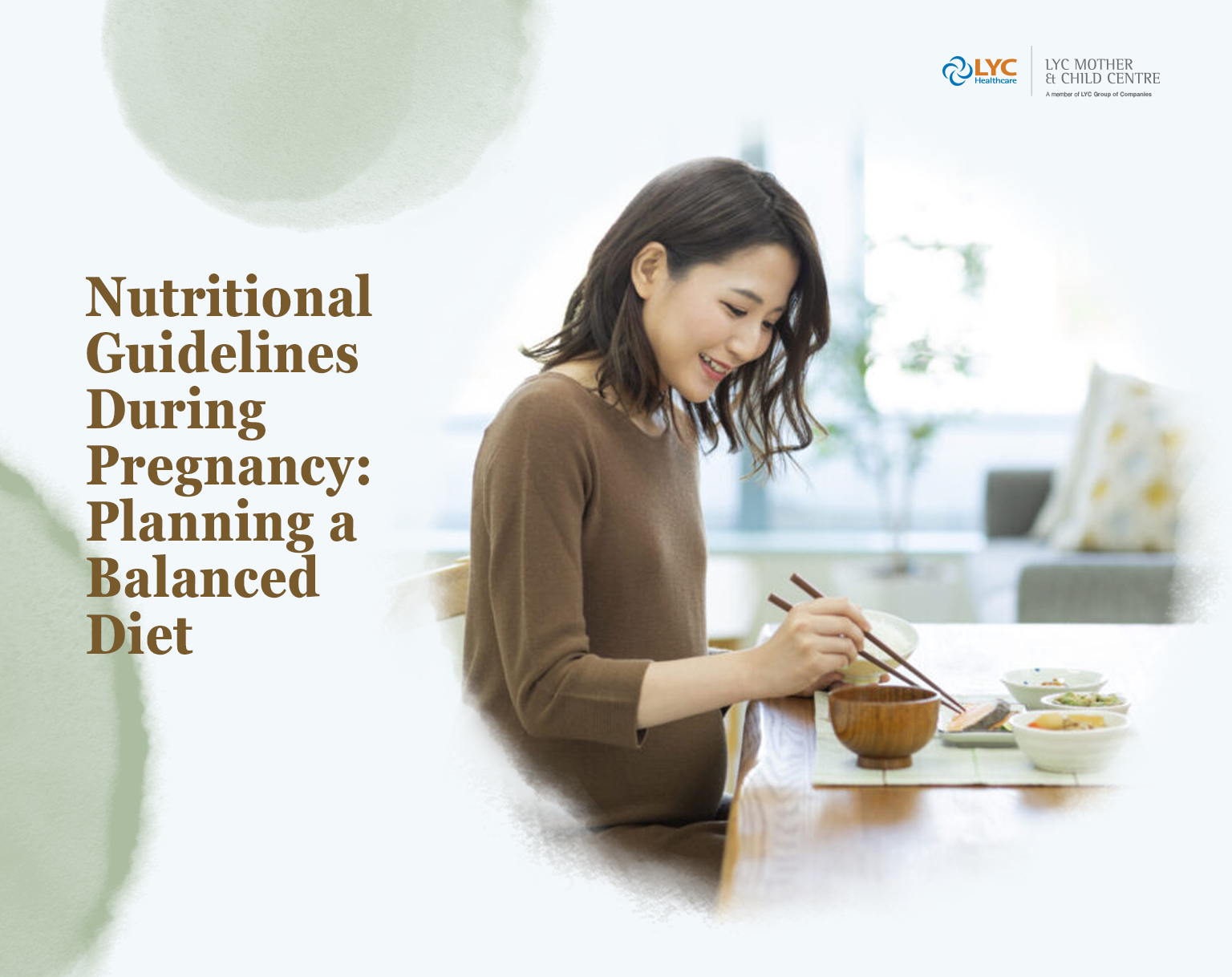
During pregnancy, you need to avoid or limit your intake of those foods. Here are some foods to avoid during pregnancy:
Avoid raw meat and raw seafood such as sashimi, oysters, etc because they may carry bacteria, parasites or viruses.
Avoid eating raw or undercooked eggs, including raw egg yolks or undercooked egg liquids, to reduce the risk of infection,
Some soft cheeses, such as blue cheese, goat's milk cheese, etc., may contain bacteria such as E. coli and should be avoided by pregnant women.
Avoid eating raw milk that has not been pasteurised to prevent foodborne illness.
Raw onions and garlic can cause gastrointestinal upset, and cooking can reduce the strong flavours and pungency of these vegetables.
The intake of fish that contains high levels of mercury, such as shark, tuna, swordfish, etc., should be limited because high mercury content may have adverse effects on the development of the foetal nervous system.
High caffeine intake may be linked to miscarriage and premature birth. Pregnant women should limit their intake of coffee, tea and chocolate.
Try to avoid eating processed foods that contain a lot of additives and preservatives during pregnancy.
Alcohol consumption should be avoided completely as it may cause foetal development problems.
Avoid excessive intake of high-sugar foods and maintain stable blood sugar levels to prevent gestational diabetes.
Good eating habits during pregnancy can ensure that mummy and baby have adequate nutritional supply. The following are some foods that you should eat more of:
Leafy green vegetables such as spinach, kale, celery, etc., are rich in folic acid, vitamin A, vitamin C, calcium and iron.
Fruits such as oranges, strawberries, bananas, grapes, etc., contain vitamin C, fibre and natural sugars.
Rich in dietary fibre, vitamin B complex and minerals. Choose whole wheat bread, brown rice, oats, etc.
Foods such as chicken, fish, beans, nuts and dairy products provide the protein, iron, and zinc your body needs.
Provide calcium, protein and vitamin D. Choose low-fat milk, yoghurt and cheese.
Rich in omega-3 fatty acids, which help your baby’s brain and visual development. Choose fish that is low in mercury, such as salmon, cod, etc.
Provides high-quality protein, iron and zinc. Choose lean meats such as chicken or turkey.
Rich in healthy fats, protein, fibre and antioxidants. Eat nuts, almonds, flax seeds, etc. in moderation.
High-fat dairy products help the absorption of fat-soluble vitamins (such as vitamin D, vitamin A).
Provides rich iron and helps prevent anaemia. Choose lean beef or pork.
Foods such as tofu, black beans, lentils, etc., provide high-quality protein, fibre, iron and calcium.
Mothers usually need more folic acid, which can be obtained through folic acid supplements or folic acid-rich foods, such as green leafy vegetables, orange juice, etc.